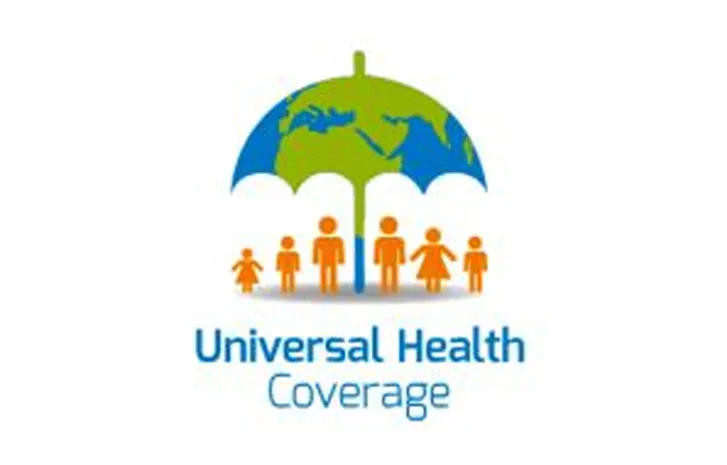
Stakeholders have emphasised the considerable hurdles Africa encounters in accessing top-notch health services, aggravated by the climate crisis. This, they agreed, emphasises the need to achieve Universal Health Coverage (UHC) throughout the continent.
These declarations were made during the Pre-77th World Health Assembly press briefing via webinar. The speakers outlined their visions for the upcoming assembly in Geneva, Switzerland, slated from May 27th to June 1, 2024.
Group chief executive officer of Amref Health Africa, Dr. Githinji Gitahi highlighted that the expanding youth populace holds the promise of a demographic bonus, yet pervasive hopelessness poses a threat to this potential.
“This health crisis in Africa transcends regional boundaries; its repercussions are global. The continent’s vulnerable stance, especially concerning health equity, calls for immediate and comprehensive measures.
“The global community needs to acknowledge the interconnection of these hurdles and cooperate to tackle both the direct and indirect effects of climate change on health systems,” he remarked.
Gitahi underscored the urgency of action. “Enhancing health services in Africa will not only benefit the region but also advance global health security and fairness. The world must stand united in aiding Africa to surmount these obstacles and ensure a healthier, more optimistic future for its populace,” he appended.
He noted that Africa frequently prioritises some diseases or outbreaks over others, overlooking the impact of all on the continent’s infrastructure, notably its finances.
“Local medicine production would enhance the speed of the vaccination process. African people are affected by the climate crisis while lacking access to health services.
“Furthermore, regional conflicts compel individuals to distance themselves from healthcare facilities,” he expounded.
Addressing the persecution of LGBTQI individuals in Africa, Gitahi expressed, “When you criminalise groups, you impede their access to health services, thus raising the risk of reinfections. This constitutes a major health concern that we must combat.”
The regional director of WHO AFRO, Dr. Matshidiso Moeti assured that WHO consistently collaborates with partner nations on training updates, health education, and epidemic response.
“Africa is a diverse continent, and this diversity offers a wealth of potential to utilise varied perspectives in enhancing the health of African people,” she vocalised.
Moeti revealed that Africa grapples with a substantial burden of non-communicable diseases (NCDs) and faces significant financial shortfalls in addressing them.
“COVID-19 has exacerbated these challenges, disproportionately affecting those with NCDs,” she observed.
While advancements have been made in reducing maternal and child mortality, she emphasised that the continent still endures a disproportionate share of global childbirth-related deaths.
She indicated that a key topic at the upcoming assembly would be contingency planning for unforeseen pandemics. “Africa greatly relies on external aid and this is an aspect we must work on.”
The chief of staff and head of executive office at the Africa Centres for Disease Control and Prevention, Dr. Ngashi Ngongo asserted that health is a fundamental right for every African.
Ngongo stated that Africa CDC would advocate for health equity for all at the 77th World Health Assembly.
“This assembly offers a platform for the continent to convene and address the health obstacles we face in Africa. It enables us to unite as a continent in collectively addressing our issues,” he articulated.
He reported that Africa had witnessed 166 epidemic outbreaks, triggered by various factors including climate change, which exacerbates the spread of diseases such as malaria, Ebola and cholera.
According to Science Nigeria, the global health community will focus on Geneva as leaders and advocates convene for the 77th World Health Assembly (WHA 77).
This assembly serves as the primary decision-making forum for the World Health Organisation, convening delegates from its 194 member states annually.
During a recent press briefing, the director-general of WHO, Dr. Tedros Ghebreyesus stressed the importance of this year’s meeting, deeming it “one of the most pivotal in our 76-year history,” as member states are expected to conclude negotiations aimed at bolstering global pandemic preparedness and response.
Under the theme “All for Health, Health for All,” WHA 77 will cover diverse topics including universal health coverage, influenza readiness, mitigating public health hazards from live wildlife markets and the impact of climate change and pollution on health.

